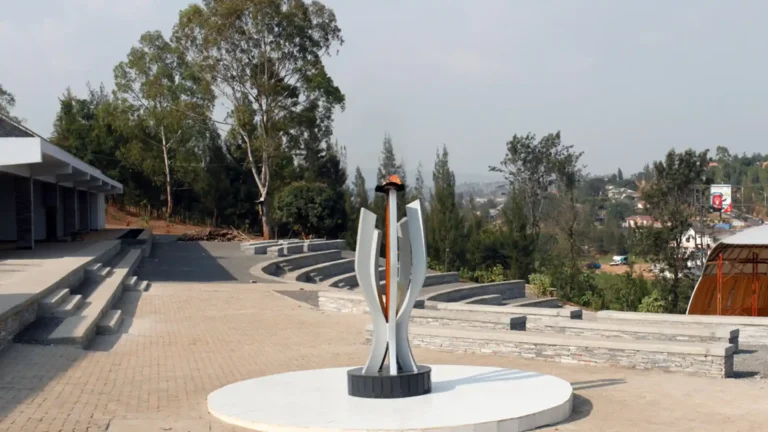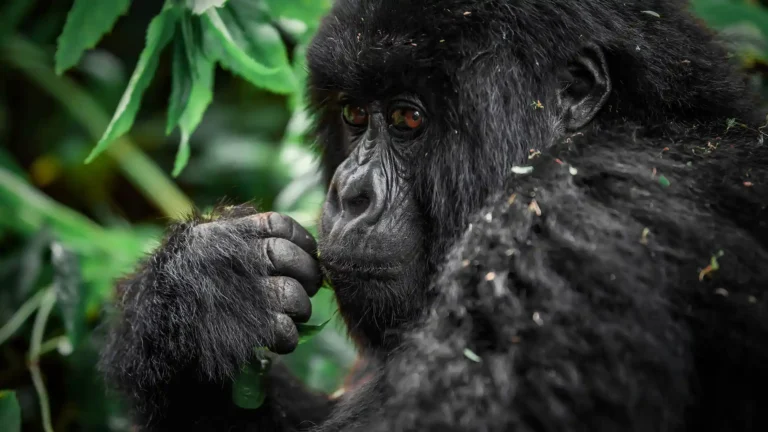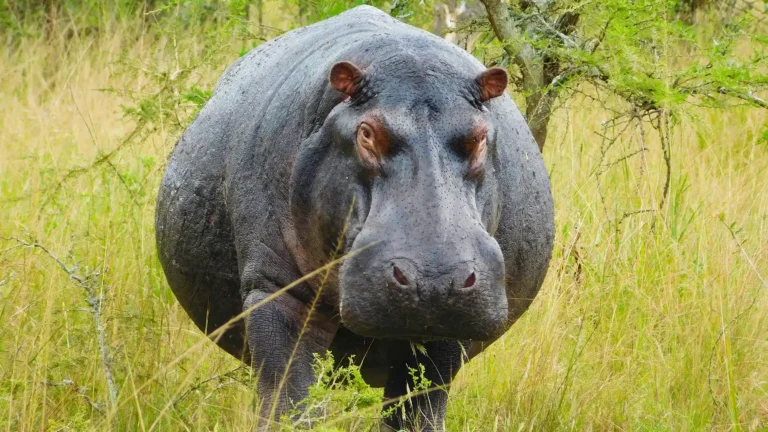Ethnographic Museum
Rwanda’s rich cultural heritage at the Ethnographic Museum, where you can explore traditional arts, crafts, and artifacts.
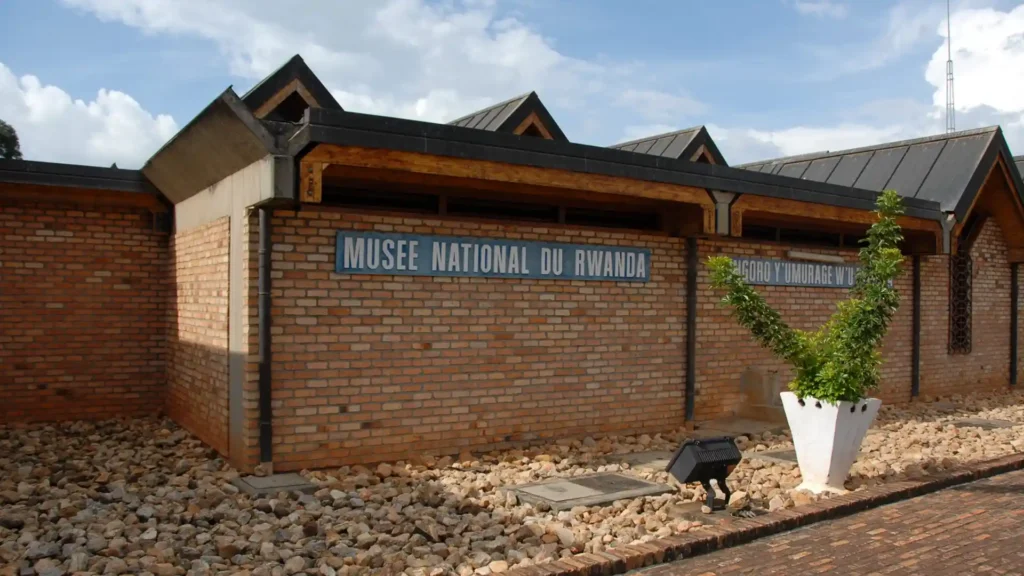
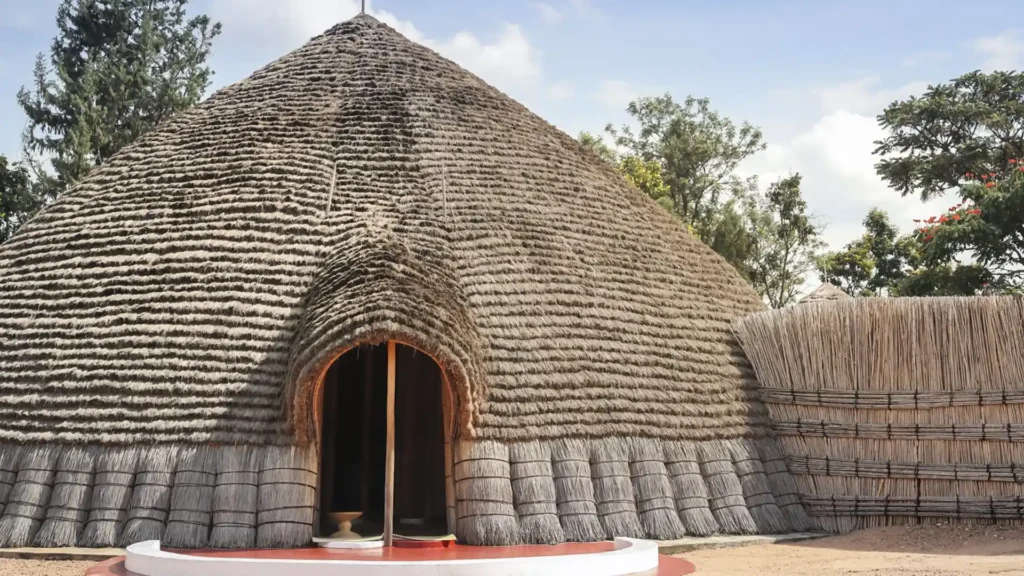
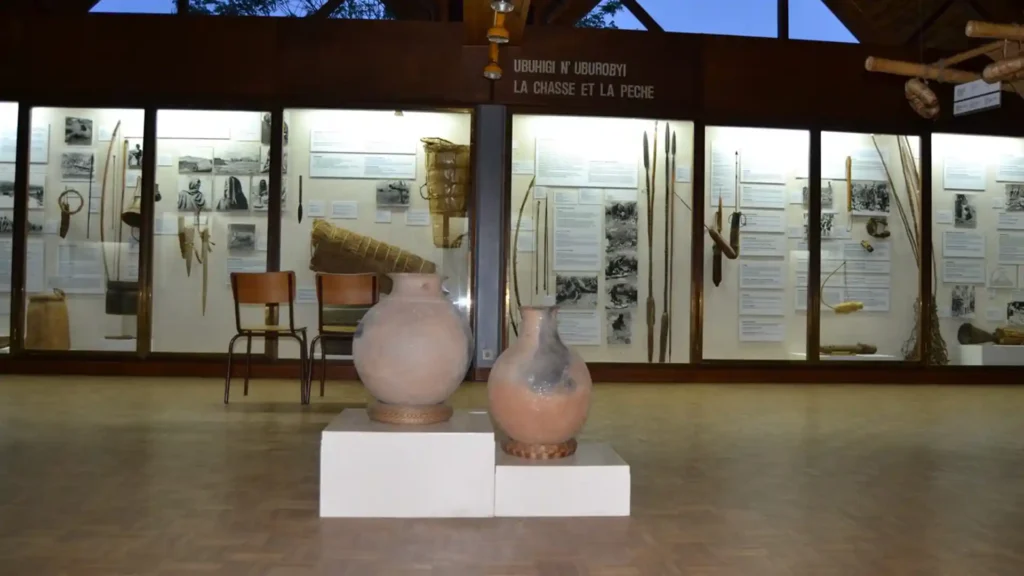
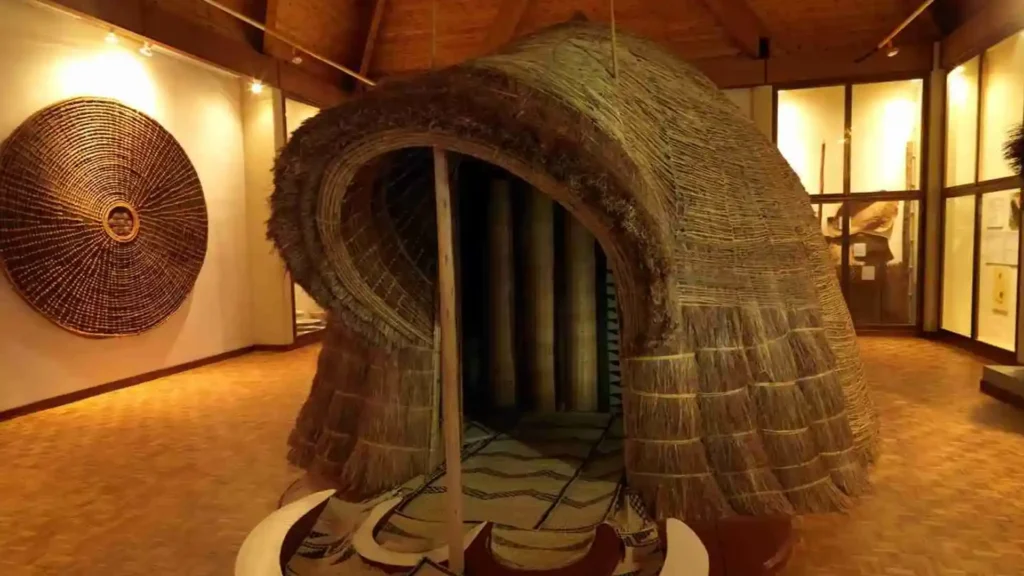
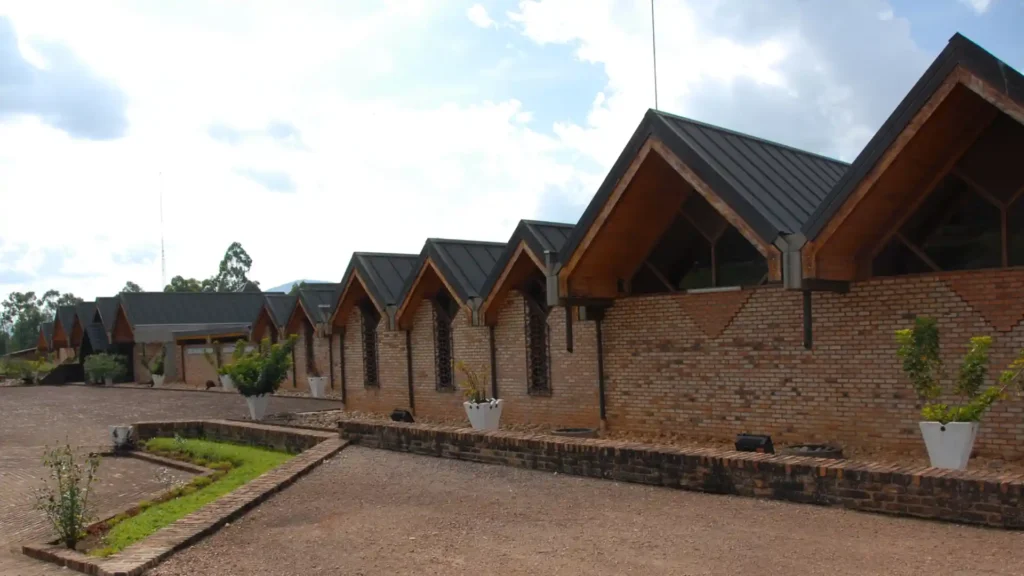
Overview
The Ethnographic Museum of Rwanda, located in the capital city of Kigali, offers a fascinating insight into the country’s rich cultural heritage. The museum showcases traditional Rwandan art, crafts, and artifacts, providing visitors with a glimpse into the daily lives and traditions of the Rwandan people. Exhibits include traditional clothing, tools, musical instruments, and household items, as well as displays on Rwandan customs, beliefs, and ceremonies. The museum also features exhibits on Rwanda’s history, including its colonial past and the 1994 genocide, providing a comprehensive overview of the country’s cultural and historical development. Visitors to the Ethnographic Museum of Rwanda can explore its diverse collections, learn about Rwandan culture and history, and gain a deeper understanding of this vibrant and resilient nation.
Things to Do
Explore Exhibits: Wander through the museum’s exhibits, which include artifacts, photographs, traditional crafts, and ethnographic displays that highlight Rwanda’s cultural diversity.
Attend Cultural Performances: Experience traditional Rwandan music, dance, and storytelling performances that bring the country’s cultural traditions to life.
Visit the Genocide Memorial: The museum also houses a section dedicated to the 1994 Rwandan genocide, providing a somber yet important reflection on this tragic chapter in Rwanda’s history.
Shop for Souvenirs: Browse the museum’s gift shop for authentic Rwandan handicrafts, jewelry, and other locally made products.
Enjoy the Surrounding Gardens: Take a stroll through the museum’s gardens, which feature indigenous plants and offer a peaceful retreat from the bustling city.
What to See
Traditional Artifacts: Admire a wide range of traditional artifacts, including pottery, baskets, clothing, and tools, which offer insights into the daily lives of Rwanda’s various ethnic groups.
Cultural Displays: Learn about Rwanda’s cultural practices, such as marriage ceremonies, traditional medicine, and food preparation, through interactive displays.
Historical Exhibits: Explore the museum’s historical exhibits, which cover pre-colonial history, colonialism, and Rwanda’s journey to independence and beyond.
Genocide Memorial: Pay your respects at the museum’s genocide memorial, which honors the victims of the 1994 genocide and provides a space for reflection and remembrance.
Art and Photography: Marvel at the museum’s collection of traditional art, photography, and other visual displays that capture Rwanda’s cultural vibrancy.
Best Time to Visit
The museum is open year-round, but the best time to visit is during the dry season (June to September and December to February), when the weather is mild and ideal for exploring the museum and its surroundings.
Getting there
By Road: From Kigali City Center: The museum is located approximately 10 kilometers from the city center. Visitors can take a taxi or use ride-hailing services to reach the museum.
From Other Locations: If you are coming from outside Kigali, you can take a bus or hire a car to reach the museum. The roads are generally well-maintained, making for a comfortable journey.
By Air: The nearest airport to the museum is Kigali International Airport, located about 15 kilometers away. From the airport, you can take a taxi or use a shuttle service to reach the museum.
Where to Stay
Mid-range accommodation
Kigali Marriott Hotel
Located in the heart of Kigali, the Kigali Marriott Hotel offers mid-range accommodations with modern amenities. The hotel features comfortable rooms, a restaurant serving international cuisine, and a fitness center.
Radisson Blu Hotel & Convention Centre
Situated near the Kigali Convention Centre, the Radisson Blu Hotel offers mid-range accommodations with stylish decor. The hotel features spacious rooms, a rooftop bar, and a swimming pool.
Hôtel des Mille Collines
Made famous by the movie “Hotel Rwanda,” Hôtel des Mille Collines offers mid-range accommodations with a historic charm. The hotel features comfortable rooms, a restaurant serving Rwandan and international cuisine, and a bar overlooking the city.
Luxury accommodation
Serena Hotel Kigali
Located in the diplomatic district of Kigali, Serena Hotel offers luxurious accommodations with elegant decor. The hotel features spacious rooms, a spa offering a range of treatments, and a swimming pool surrounded by lush gardens.
Radisson Blu Hotel & Convention Centre
Situated near the Kigali Convention Centre, the Radisson Blu Hotel offers luxury accommodations with modern amenities. The hotel features stylish rooms, a rooftop bar with panoramic views, and a swimming pool.
Kigali Serena Hotel
Nestled in the heart of Kigali, the Kigali Serena Hotel offers luxury accommodations with a blend of traditional Rwandan decor and modern comforts. The hotel features spacious rooms, a spa offering a range of treatments, and a swimming pool.
Other Attractions in Namibia
General Knowledge Base
General information about Ethnographic Museum, Rwanda.
The Ethnographic Museum is located in the town of Huye (formerly Butare), which is about 132 kilometers south of Kigali, the capital city of Rwanda.
The Ethnographic Museum is one of the largest museums in Rwanda and plays a crucial role in preserving and showcasing the country’s cultural heritage.
The Ethnographic Museum was established in 1989 and is housed in a former Belgian administrative building dating back to the colonial era.
The museum features a diverse collection of artifacts, traditional Rwandan art, household items, and exhibits on Rwandan culture, history, and daily life.
One of the most notable exhibits at the museum is the display on traditional Rwandan housing, which includes full-scale replicas of different types of traditional Rwandan houses.
Yes, the museum occasionally hosts cultural events, performances, and workshops that showcase traditional Rwandan music, dance, and crafts.
The museum building is a fine example of colonial architecture, featuring a blend of Belgian and Rwandan architectural styles.
Yes, the museum has a souvenir shop where visitors can purchase traditional Rwandan crafts, artifacts, and other souvenirs.

